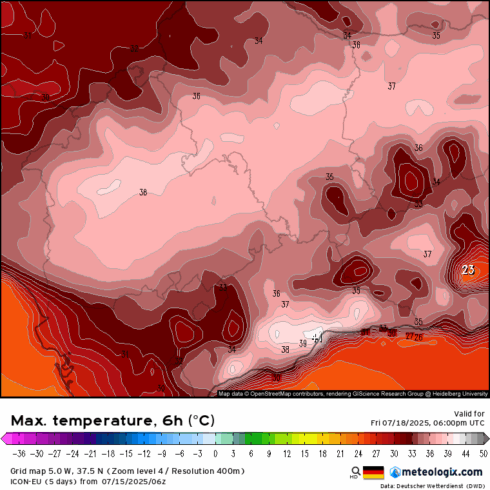MANY Spaniards with solar panels on their roof were surprised on Monday when the blackout started, the weather was sunny, yet they also had no electricity.
“Solar panels are designed to disconnect if they can’t detect the grid,” said Hector Pastor from energy company Ecooo in the Spanish newspaper El Pais.
This is required in Spain because “if there are workers operating in the grid, they could be electrocuted if the supply is cut off but solar panels keep feeding electricity into the grid,” Pastor said.
So almost all solar panels in Spain were disconnected when the blackout happened, even those with battery storage at home.

The system disconnects because it can’t export electricity, but there are inverters that can switch the system to island mode when they detect a grid failure.
These types of isolated inverters are rare in solar setups, both in Spain and elsewhere.
An alternative is to add a device known as a ‘backup box’ to the installation, which allows solar panels to continue generating electricity in island mode, so that way solar panels can keep working during a blackout.
Once isolated from the grid, a solar-system can keep functioning normally, as long as the consumption does not exceed the output of the solar panels.
Diesel generators proved their usefulness during the blackout, keeping hospitals, supermarkets and other essential services and buildings running.
“This would be possible in the future with large-scale batteries,” Pastor explained, but it will still take some time and a lot of investment before these technologies will be rolled out.
Click here to read more Spain News from The Olive Press.








